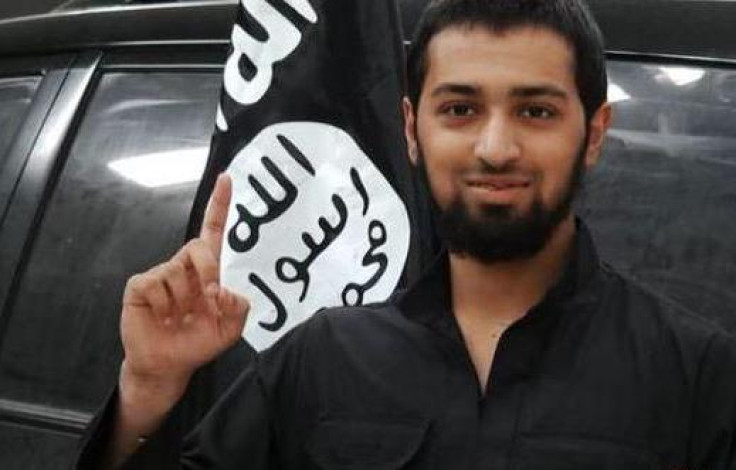Manchester: British children as young as 11 at risk of radicalisation

Children as young as 11 are among the hundreds at risk of radicalisation, government figures reveal.
Figures from the Channel counter-radicalisation programme obtained by the Manchester Evening News show that 350 children in the Greater Manchester area have been identified as being at risk of radicalisation since 2007. Of these, 63 were under 12.
The news comes as Talha Asmal, 17, from Dewsbury, was reported to have became the country's youngest ever suicide bomber, after Islamic State (Isis) announced he had blown himself up in an operation in Baiji, Iraq.
The figures were obtained from the National Police Chiefs Council (NPCC) under the Freedom of Information Act.
In total, more than 973 people have been referred to the counter-radicalisation agency since it was set up in 2007 under the last Labour government, with more than half referred by agencies in the last three years.
Of the under-18s at risk, 224 were aged between 12 and 16.
Between 2011 and 2012 there was a 127% increase in the number of children being referred, with the amount remaining steady ever since.
Channel, which is part of the government's counter-radicalisation Prevent strategy, enlists schools, social services, police and universities to identify those at risk of radicalisation, and steer them away from extremist views.
Around one in five of those referred to Channel will go on to receive "supportive interventions", while others will be assessed as not being at risk of radicalisation, or directed towards different services, said the NPCC.
The figures come as Baroness Warsi, the former Conservative minister for faith and communities and the first Muslim to serve in cabinet, said that the radicalisation of British Muslims represents a "generational challenge".
She called on the government to engage more with Muslim communities to tackle the problem.
"Sadly over the last six or seven years there has been a policy of disengagement with British Muslim communities," she told BBC Radio 4.
© Copyright IBTimes 2024. All rights reserved.






